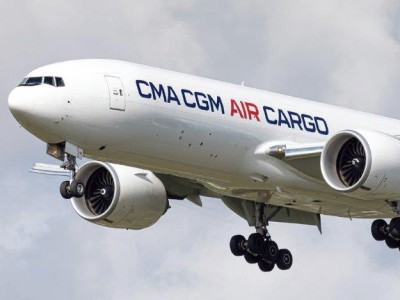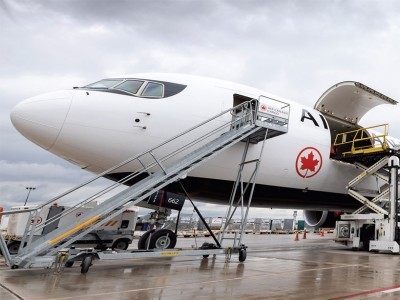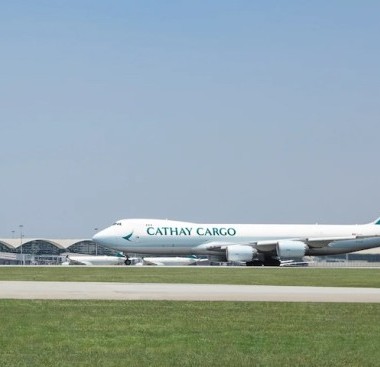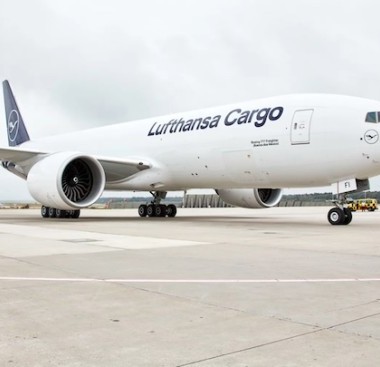London City Airport Scraps Monday Flights as WW2 Bomb Found
London City Airport, an important hub for business travelers, canceled all flights on Monday after the discovery nearby of an unexploded World War II bomb.
The ordnance was found in the River Thames early Sunday during planned development work at the airport, east of the Canary Wharf financial district. Royal Navy specialists established an exclusion zone of more than 200 meters (650 feet) to handle the situation, the Metropolitan Police said in a statement.
Though the airport carries just a fraction of the annual traffic that moves through London Heathrow, it’s favored by business travelers for its short boarding times, quick takeoffs and proximity to London’s financial center. About 4.5 million passengers traveled through London City Airport last year, compared to 78 million at the Heathrow hub.
“The airport is cooperating fully with the Met Police and Royal Navy and working hard to safely remove the device and resolve the situation as quickly as possible,” Robert Sinclair, London City’s chief executive officer, said in a tweet. It advised passengers due to travel Monday not to leave home and instead contact their airline for further information.
More than 20,000 tons of explosives fell on the U.K. capital during the German Blitz, killing 40,000 people. At least 20 percent of the bombs dropped in a total of 85 raids are thought not to have detonated. More unexploded devices have been discovered in recent years as intensive building works on projects such as Crossrail disturb ground untouched since the conflict ended 75 years ago.
Docks Targeted
The East End, where London City is located, was a major target for Luftwaffe bombers seeking to put the city’s dock network out of action. The airport itself is built between former harbor basins.
Earlier, the British Airways website showed flights to and from London City canceled until late Monday. BA carries more than half of the airport’s total passengers, though the disruption Monday accounts for just 0.2 percent of the flag carrier’s monthly traffic, Goodbody Stockbrokers said in a note.
Defusing WWII bombs is a fairly routine procedure across Europe, though can throw entire districts into disarray. The discovery of ordnance containing 1.4 tons of explosives in Frankfurt last year during building work forced the evacuation of 65,000 people. The previous week, 21,000 people in the city of Koblenz on the Rhine river had to leave their homes while a half-ton bomb was defused.
Similar Stories

WorldACD Weekly Air Cargo Trends (week 15)
View ArticleEmirates needs time to clear flood backlog as Clark says sorry
Emirates said it will need “some more days” to clear the backlog of rebooked passengers and stranded bags after the worst rainfall in 75 years plunged Dubai into chaos last…
View Article
Do ocean carriers have a future in airfreight?
View Article
Air Canada Cargo’s freighter feeder to passenger jet strategy is powering growth
View ArticleIndia averts travel chaos as plane technicians call off strike
Technicians at a company that repairs and maintains Air India Ltd. aircraft have called off a strike planned for Tuesday, easing concerns that the industrial action could spark a renewed…
View Article
Ethiopian Airlines launches a new service to Warsaw, Poland
View ArticleGet the most up-to-date trending news!
SubscribeIndustry updates and weekly newsletter direct to your inbox!





